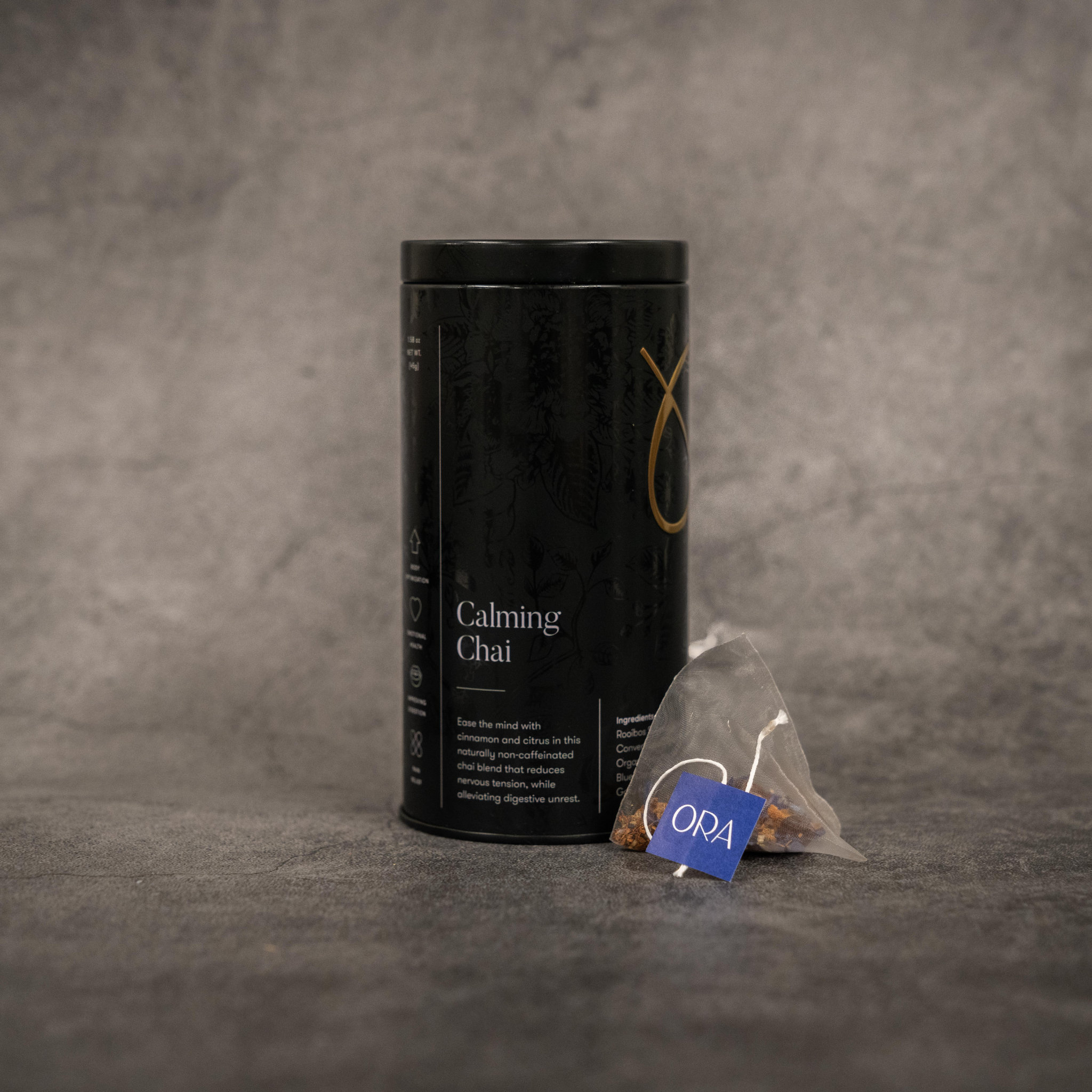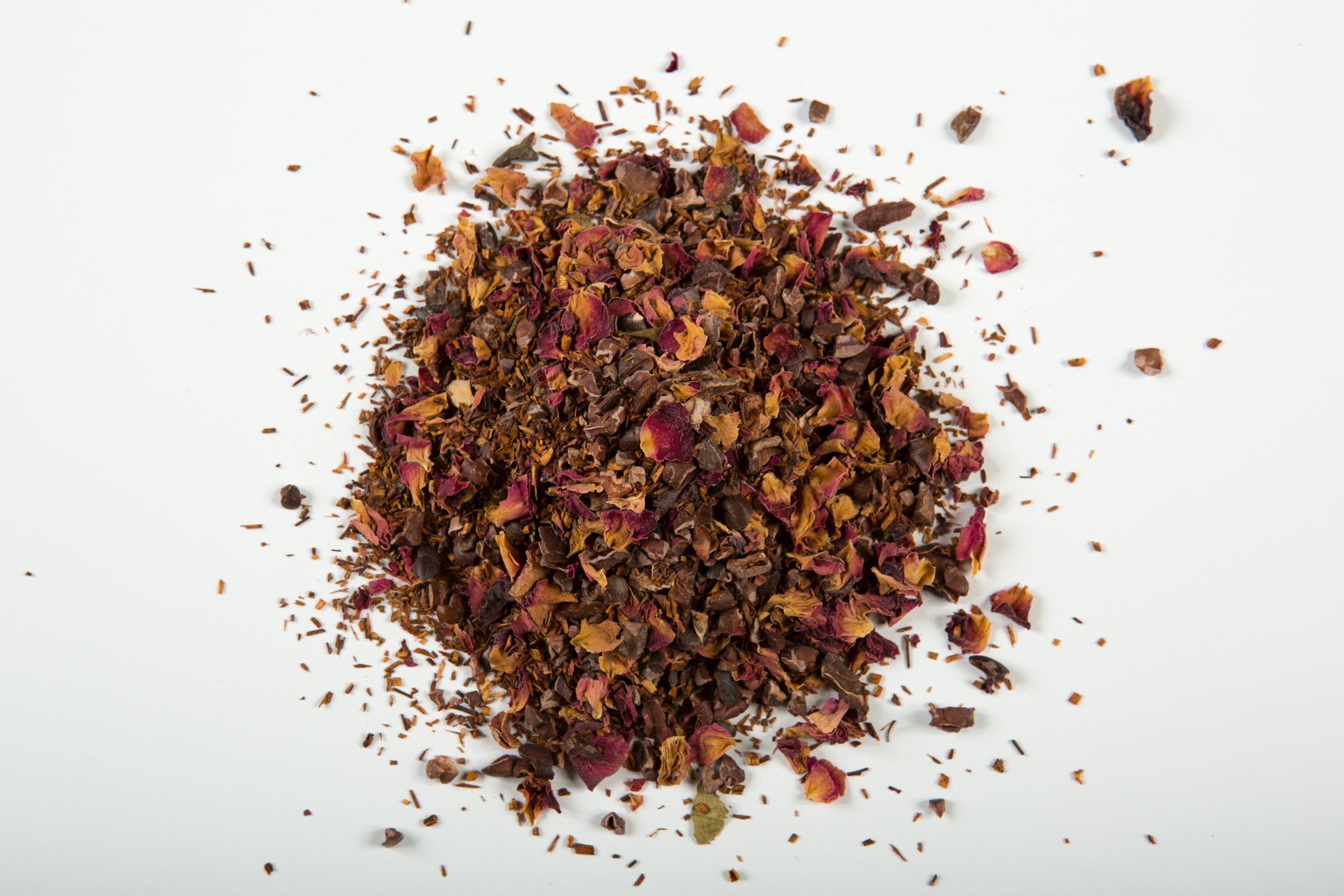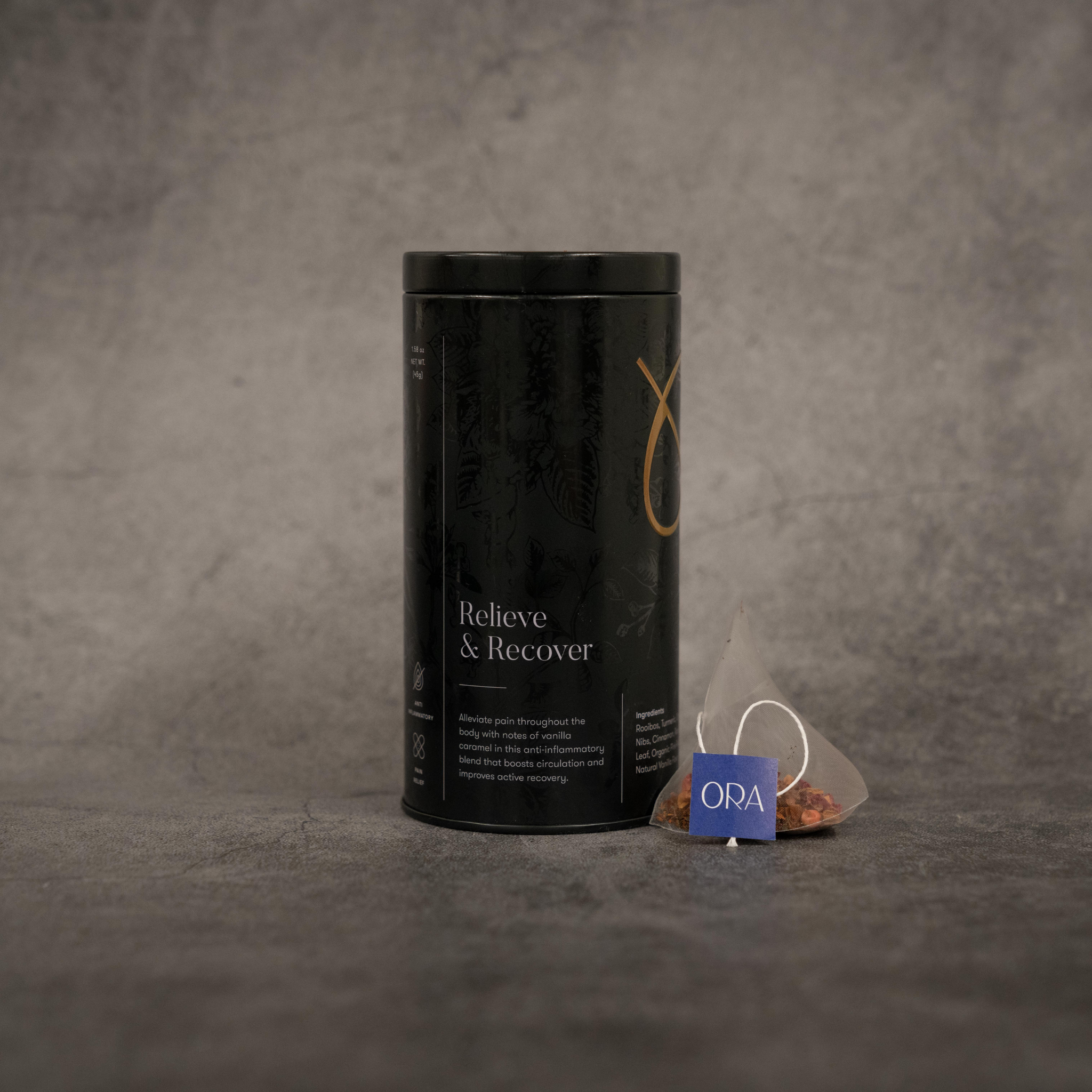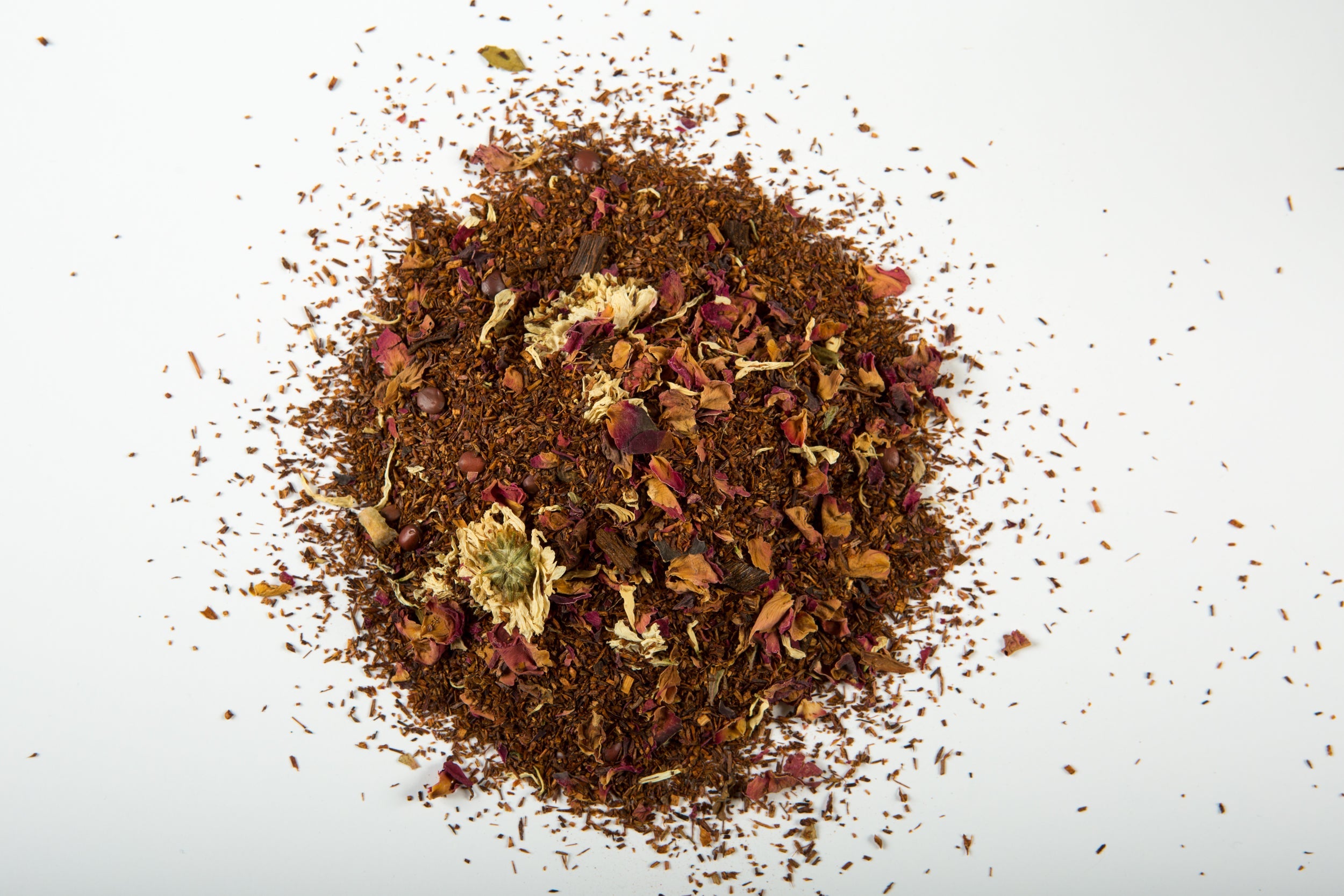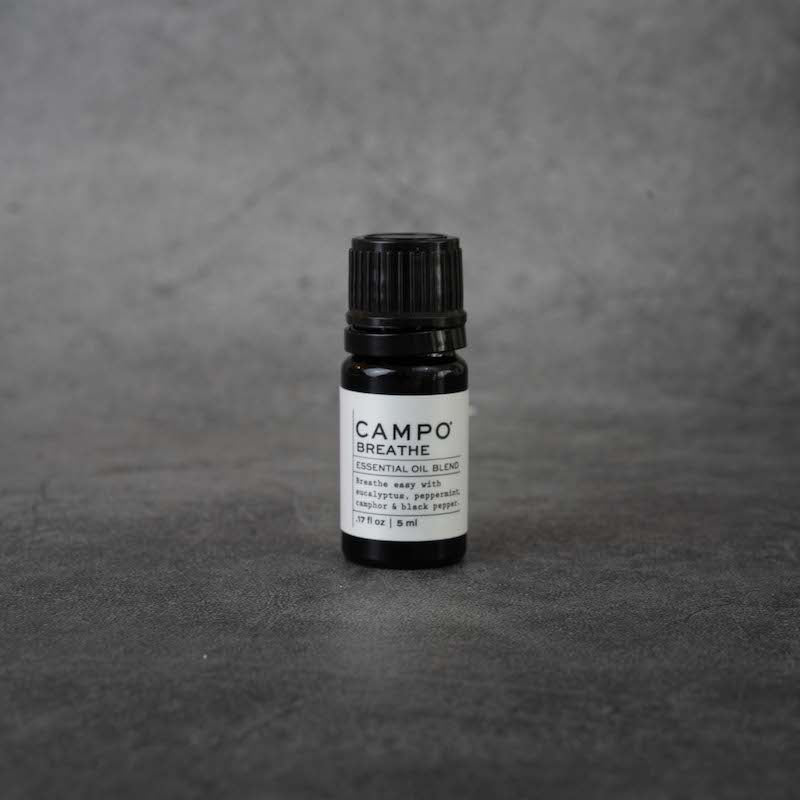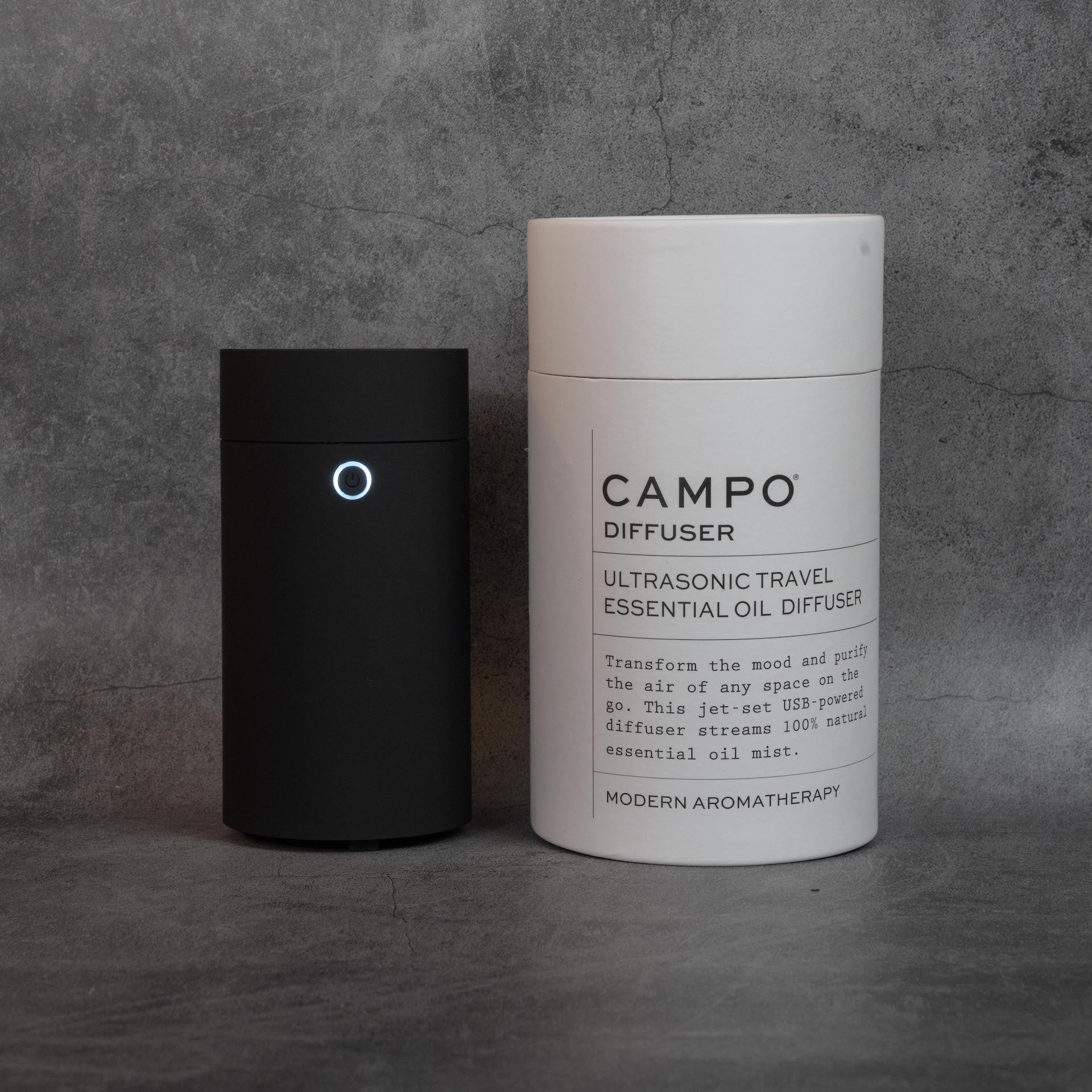Zang-Fu organs and their importance serves as the foundation to Traditional Chinese Medicine diagnosis, physiology, and explains how our body is a connected as a whole.
Each Zang-Fu organ pair is a representation of a Yin organ, associated with a corresponding Yang organ. This is a good reminder that Yin-Yang is everywhere and also often classified into different organ pairs.
- Liver-Gall Bladder
- Heart-Small Intestine
- Spleen-Stomach
- Lung-Large Intestine
- Kidney-Bladder
All 5 organ pairs also correspond to a season, color, time of day, emotion, and carry very specific specifics. In general, the Zang of the Zang-Fu organs are of primary importance and play a leading role in our everyday health and well being.
LIVER
- Peak time: 1am-3am
- Function: when we go to sleep, 90% of the blood in our body goes into the liver to allow for storage and cleansing.
- Season: Spring
- Flavor: Sour
- Emotion: Anger
- How to identify imbalance: In the modern liver is the organ most prone to Liver Blood and Qi stagnation, which shows up in irritability, impatience, or anger. This is not only due to mismanagement of stress, but also can be caused by consumption of alcohol, too many spicy foods, or even prescription medication. To help bring the liver out of stagnation, we recommend to go to bed well before 1am and skip the spicy food and opt for bitter or sour foods to clear Liver heat and allow for smooth moving Qi.
HEART
- Peak time: 11am-1pm
- Function: controls all of the mental aspects of the body or “Shen”, moves Blood and Qi throughout the body
- Season: Summer
- Flavor: Bitter
- Emotion: Joy
- How to identify imbalance: each person’s individual spirit or Shen is managed by the Heart. Contrary to western medicine,Cardiovascular health, in TCM we believe the heart controls everyday mental activity. Overthinking can lead to heart heat, which can impact our sleep, leading to dream-disturbed sleep or insomnia. TCM also believes the Heart can also be associated with blood deficiency, which means there is no blood for the body to anchor the spirit. Overconsuming the body in excessive physical exercise or mental work can lead to an imbalance between blood production and blood consumption. Daily Qi Gong practice can help evenly circulate Qi, which will allow the mind and Shen to be calm and clear. TCM foods like Lotus Seeds or Lotus Seed Heart tea are both bitter and beneficial to the Heart meridian.
SPLEEN
- Peak time: 7am-9am
- Function: transformation and transportation of food and water into blood and Qi to support the body
- Season: late summer
- Flavor: Sweet
- Emotion: worry
- How to identify imbalance: similar to the liver, modern eating habits, which include irregular eating schedules, excessive cold and raw foods, can all lead to general Spleen deficiency. Craving too many sweet things can indicate a sign of Spleen deficiency, which means the body is low in energy, or unable to properly turn food into blood and Qi to energize the body. Over worrying and over thinking both impact the spleen and stomach, some individuals are incredibly sensitive to emotional changes or stressors and can notice them immediately in our gut; this is another sign that the spleen is generally weak. Chronic fatigue, loose stool, some symptoms of IBS can all indicate a need to reboot at the Spleen organ system. Because it is most active from 7am-9am, we always suggest eating a well balanced and warm breakfast to not only wake the body up, but to properly nourish the spleen to produce an adequate amount of energy, blood, and Qi.
LUNG
- Peak time: 3am-5am
- Function: protects the body with overall immunity, sends Qi descending to build overall Wei Qi, connects to the skin
- Season: autumn
- Flavor: Pungent
- Emotion: grief
- How to identify imbalance: the lung and the upper body orifices are on the first line of attack to external environmental conditions, so while in western medicine there is no belief of “catching” cold, TCM believes wind and cold are pathogenic conditions that most easily attack the lung system. Asthmatic and allergic constitutions are known for weakened Lung systems. Belly breathing is an important aspect to maintaining a healthy amount of Wei Qi on the surface of the skin. Belly breathing involves a deep inhale that allows the belly to fully expand to its most round and voluminous state. The breath travels beyond the chest; too often most of us are only chest breathing. Chronic coughing (dry, wet, or with phlegm) can impair the lung‘s Qi descending and dispersing function. Because the lung is connected to the skin, TCM diagnosis for common skin conditions also include a detailed look into the lung and large intestine Zang Fu organ pair. If receiving any facial acupuncture treatments, we always recommend herbal treatment to support the lung.
KIDNEY
- Peak time: 3pm-7pm
- Function: protects our vital Essence, governs all elements of vitality and sexual health
- Season: Winter
- Flavor: Salty
- Emotion: Fear
- How to identify imbalance: because the kidney governs all of our longevity and vitality conditions, signs of aging (pre/mature hair loss, tinnitus, bone weakness) all can be signs of kidney Yin deficiency, specifically. TCM as a whole practices vitality, well being, but most importantly, longevity. Because the kidney sits in the root of the body, signs of soreness in the lower back may be signs of kidney health declining. Other signs of Kidney deficiency can be caused by overwork, not taking time to rest and recharge, and excessive sexual activity can cause not only a mental burn-out, but a physical burn out of our kidney Yin fluids. This can lead to irregular menstruation, early menopause, erectile dysfunction, poor memory and concentration. Because the kidney is associated with general aging, we want to protect our essence by maintaining quality sleep, nourishing our Qi and blood producing organs, and finding the right balance of sexual activity.






